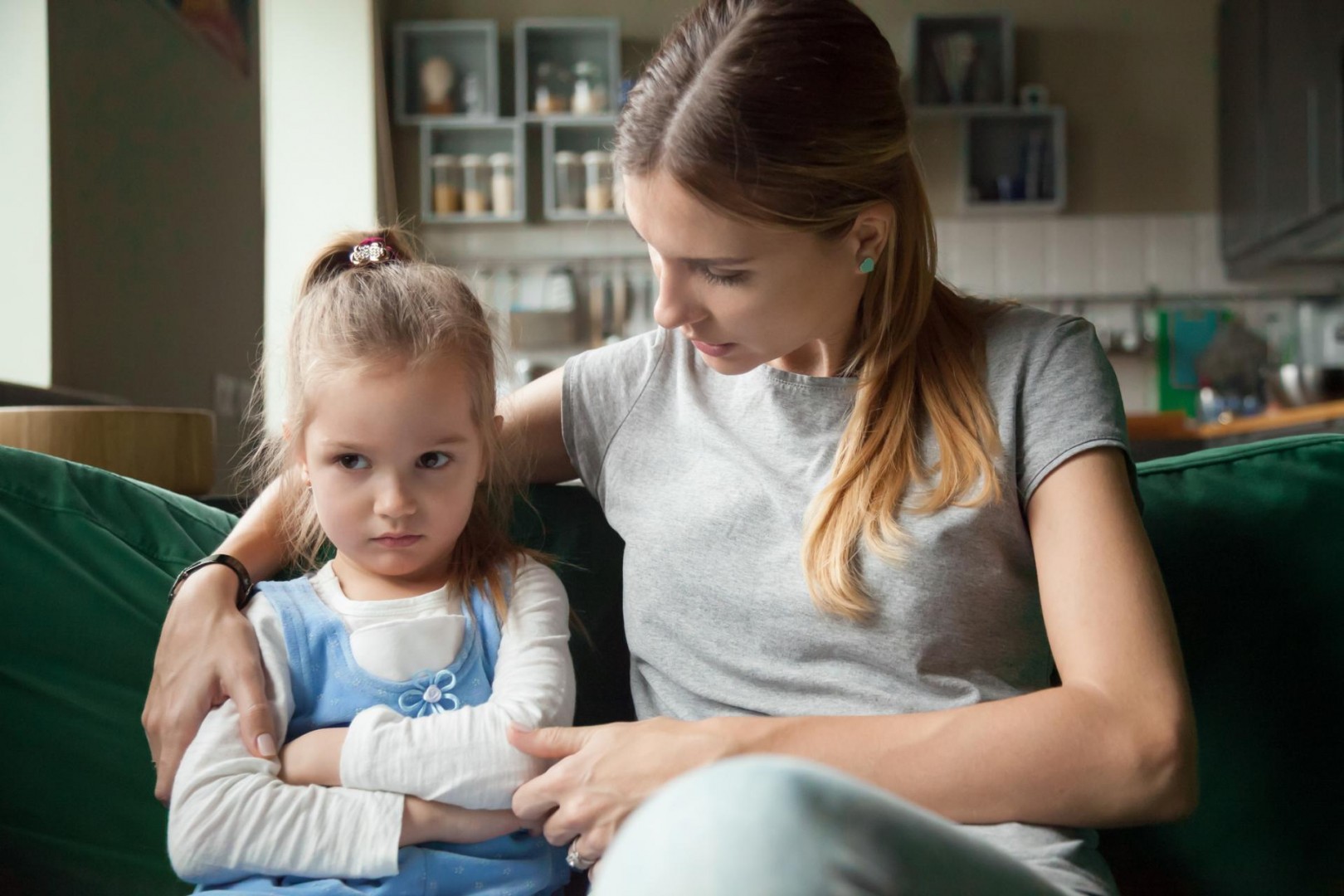A fraction of a minor child's life gets into the court file

What is good for a child is best determined by its parents, but partner conflict very often turns into parental conflict as well. Under the influence of emotions, it is difficult to find rational solutions. If the parents do not agree on the best interest of the child, the court must identify it. "Although courts follow laws and norms, various factors can lead to them not meeting the needs and expectations of all parties. Parents who no longer know how to function as a couple can still conclude a constructive agreement," explains family law specialist Martina Lysinová from L/R/P advokáti, s.r.o.
At the beginning of the year, the Ministry of Justice of the Slovak Republic issued a methodology that regulates the participation rights of children. What is its content?
Children's participation rights, i.e. children's rights to participate, i.e. j. to be a participant in proceedings that concern them acquire a more concrete form. It must be said that these rights are nothing new. The right of children to be heard is already indirectly referred to in the European Convention for the Protection of Human Rights and Fundamental Freedoms from 1950. Although this international convention from the Council of Europe workshop does not directly define this right, but based on the right to private and family life enshrined here, the European Court of Human Rights rights, he also judged the right of children to be heard. The legal basis for children's participation rights can also be found in other international and national legislation, for example in the UN Convention on the Rights of the Child, the Convention on Civil Aspects of International Child Abduction, but also in the Family Act, or in the Civil Non-Dispute and dispute procedure. However, due to the inconsistency of the courts in the application of these rights, the Ministry of Justice of the Slovak Republic issued the aforementioned methodology within the Operational Program Effective Public Administration. In it, the Ministry of Justice of the Slovak Republic guides the courts, for example, in how children should be informed about court proceedings and how they should be interrogated. It also outlines the practical issues related to the institution of a conflict guardian. In connection with the implementation of these participation rights of children, the courts are gradually increasing the number of rooms intended for hearing them. It is a space adapted for children to avoid the strict atmosphere of the court. It must be said that some courts already had such rooms before the adoption of this methodology, but it was rather exceptional.
What rights do children have during family law proceedings?
The participation rights of children in proceedings concerning minors include the right to be informed about the course and outcome of the court proceedings and the right of children to be heard. To clarify the issue, it is necessary to state that in proceedings involving minors, children are participants in the proceedings. However, in most cases, children do not participate in these proceedings personally, and it is up to the parents whether and how they are informed about it. However, from a certain age and maturity of the children, the court should take over this role and should guarantee the children that decisions are not made "about them, without them". Therefore, children have the right, taking into account their age and maturity, to know that they are being treated in court, how their relationship with their parents will be regulated, to whom and under what conditions they will be entrusted. Furthermore, they have the right to be heard, i.e. the right to express their feelings and attitudes in situations where the family environment changes. Judges use, for example, various information materials from the Ministry of Justice's workshop to inform children about the progress of court proceedings. The aim is for children to better understand their participation in the proceedings and that they have the right to express their opinion if they choose to do so. However, as mentioned, these rights need to be assessed in relation to the age and maturity of the children. The procedure by which these rights are applied must also be adapted to these two attributes.
You can read more in the attached interview, which was published in Hospodárske noviny: A fraction of a minor child's life gets into the court file